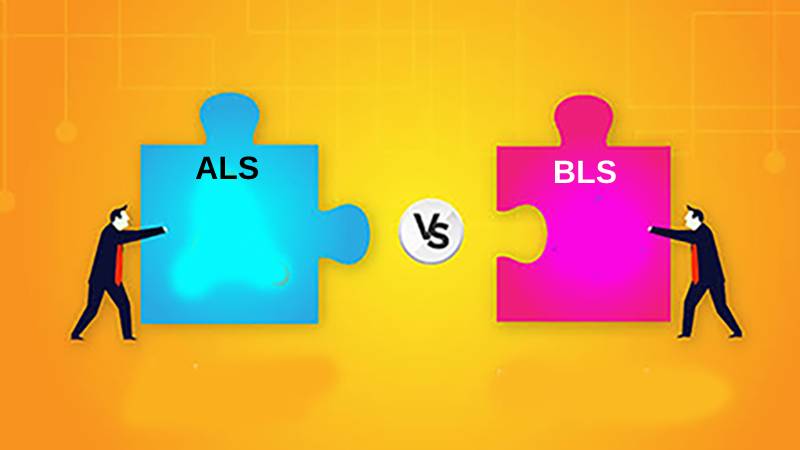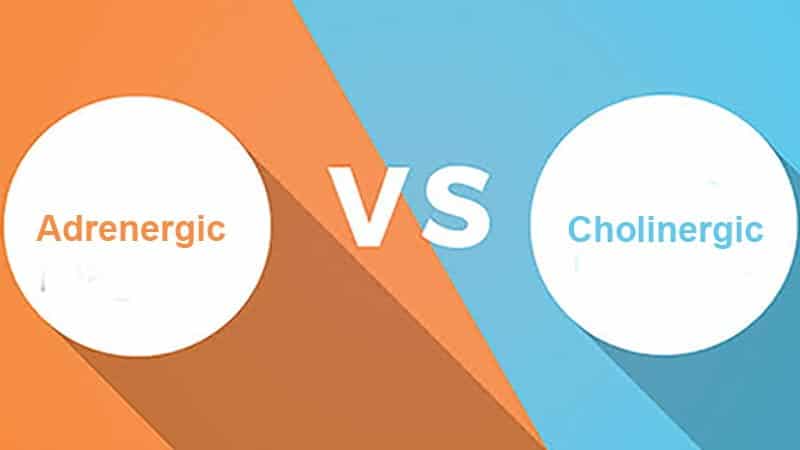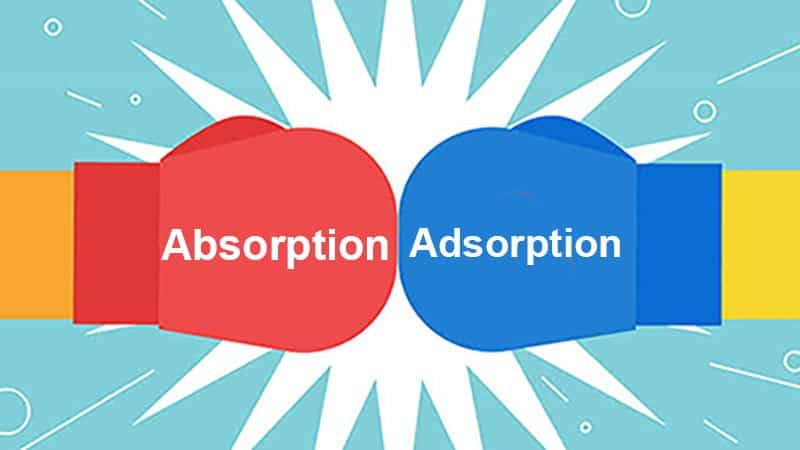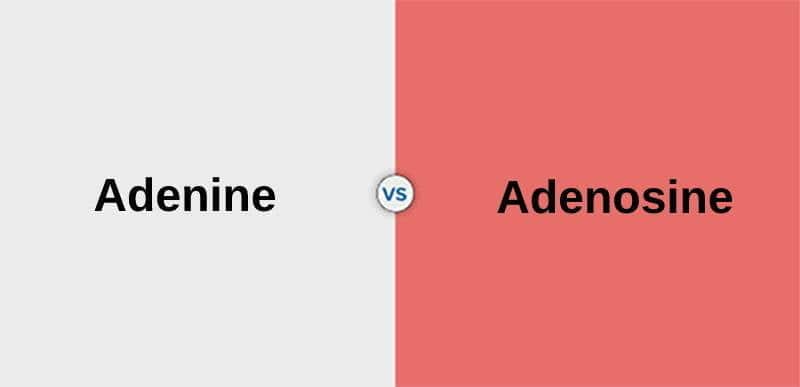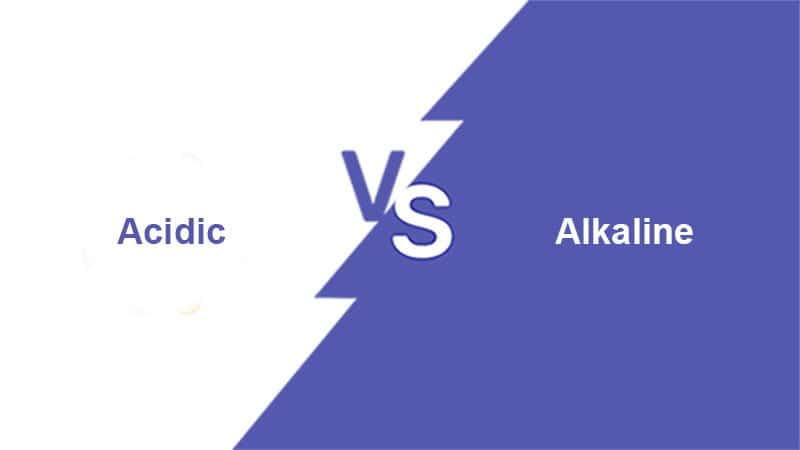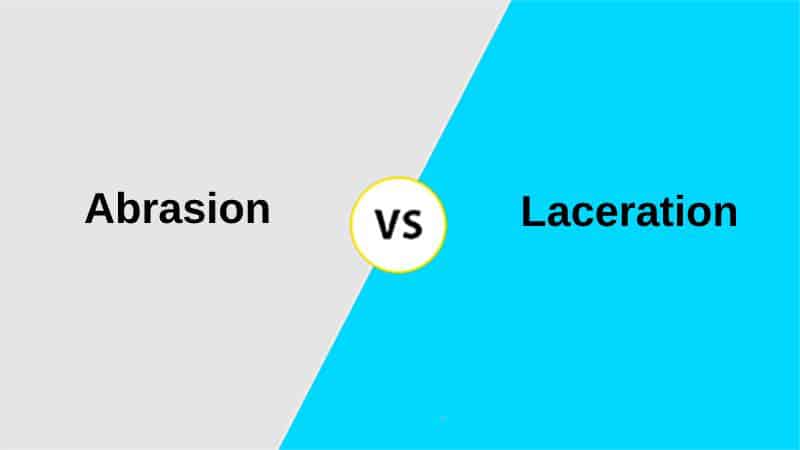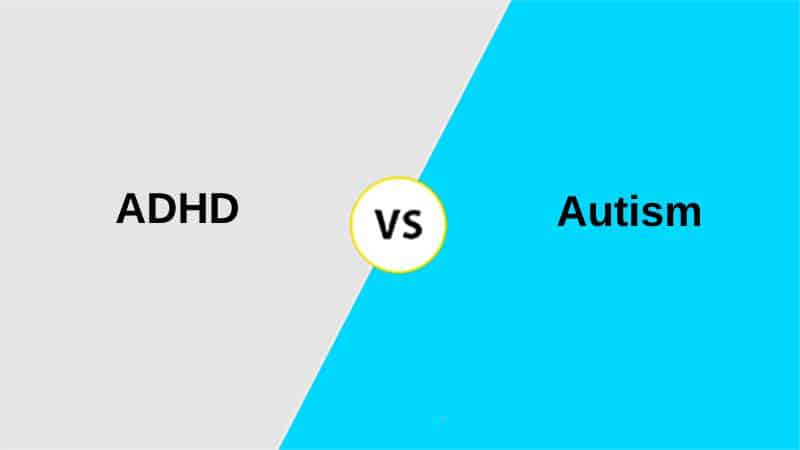It is said that the only constant in the world is the change itself. Thus, a living organism must cope with the change in its natural habitat. Not only humans but even plants and animals have to undergo these changes and adapt themselves to the changing conditions. When a plant or an animal changes its behavior to suit new conditions, it is commonly called adaptation or acclimation.
Adaptation vs Acclimation
The main difference between adaptation and acclimation is that adaptation is a gradual and irreversible event in living organisms when they adjust to a new situation or environment over a long period. On the other hand, acclimation is a fast but reversible process through which living organisms adjust to a new environment different from their natural environment over a short period.
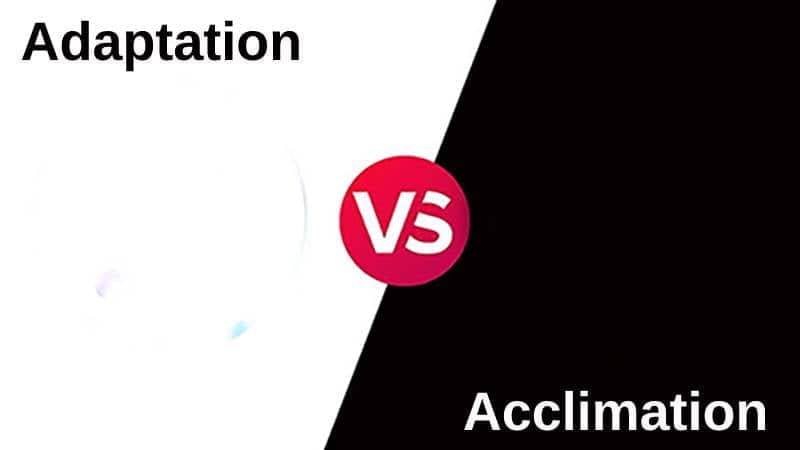
Adaptation can be described as the process through which living organisms try to adjust to ging circumstances to survive. In this process, the organism undergoes several changes in behavior, body structure, diet, etc. These changes take place gradually, and they are irreversible or permanent. Adaptation has a great role to play in the evolution of a species.
Acclimation is also caused by the need to adjust to new conditions when there is a change in the organism’s natural habitat. These changes are rapid and temporary or reversible. This implies that if and when the original conditions arise, these changes will revert to their original form. Acclimation does not impact the evolution of a species in any way.
Comparison Table Between Adaptation and Acclimation
| Parameters of Comparison | Adaptation | Acclimation |
|---|---|---|
| Process | Long-term evolutionary process | Short-term, reversible physiological and behavioral adjustments |
| Timeframe | Occurs over multiple generations | Occurs within an individual’s lifetime |
| Genetic Changes | Involves genetic changes and hereditary traits | Does not involve genetic changes |
| Environmental Impact | Permanent changes in response to environmental pressures | Temporary adjustments to changing environmental conditions |
| Irreversibility | Generally irreversible in the short term | Reversible when conditions return to their original state |
| Examples | Evolution of specialized features in species over time | Human acclimation to high altitudes, plants adjusting to light levels, animals adapting to temperature changes |
| Survival Strategy | Enhances an organism’s long-term fitness and ability to thrive | Enhances immediate survival and functionality in a specific environment |
| Evolutionary Implications | Can lead to speciation and the emergence of new species | Does not lead to speciation or the development of new species |
What is Adaptation?
Adaptation is a fundamental concept in biology that refers to how organisms evolve and develop characteristics that enable them to survive and thrive in their specific environments. It results from natural selection and occurs over multiple generations, driven by the interaction between an organism’s hereditary traits and the challenges posed by its environment.
Key aspects of adaptation include:
- Evolutionary Process: Adaptation is an evolutionary process that unfolds over extended periods. It involves changes in an organism’s genetic makeup, leading to traits that enhance its fitness and reproduction ability.
- Hereditary Traits: Adaptations are hereditary traits that are passed from one generation to the next. These traits confer advantages that increase an organism’s chances of survival and reproduction in its specific ecological niche.
- Environment-Dependent: Adaptations are context-dependent and vary depending on the environment. Organisms develop features and behaviors tailored to the challenges and opportunities presented by their habitats.
- Enhanced Fitness: Adaptations improve an organism’s fitness by helping it secure resources, avoid predators, and reproduce successfully. They contribute to the organism’s long-term survival and reproductive success.
Examples of adaptations are numerous and diverse, ranging from the development of camouflage in prey animals to the evolution of specialized feeding structures in herbivores. Over time, adaptations can lead to the emergence of new species through a process called speciation.
Adaptation is a testament to the dynamic and responsive nature of life on Earth, showcasing the remarkable ability of organisms to adjust to their surroundings and exploit ecological niches, ultimately contributing to the rich biodiversity observed in the natural world.
What is Acclimation?
Acclimation is a biological process in which an organism adjusts to a new or changing environment, over a relatively short period within its own lifetime. It involves a series of physiological, behavioral, or biochemical changes that enable the organism to function optimally and survive in the altered conditions.
Key aspects of acclimation include:
- Physiological Adjustments: Acclimation involves changes in an organism’s physiological processes. For example, an organism may modify its metabolic rate, enzyme activity, or water balance to adapt to a new temperature, altitude, or humidity level.
- Behavioral Modifications: Behavioral acclimation can also occur. Organisms may change their activity patterns, such as seeking shade or moving to cooler or warmer areas, to suit the new environment better.
- Short-Term Response: Unlike adaptation, which involves genetic changes and occurs over generations, acclimation is a short-term response within the individual’s lifetime. These changes are reversible when conditions return to their original state.
- Survival and Optimization: Acclimation is a survival strategy that allows organisms to optimize their performance and increase their chances of survival and reproduction in a changing environment. It is a testament to the adaptability and plasticity of many species.
Examples of acclimation include humans adjusting to high altitudes, plants altering their photosynthetic rates in response to changes in light intensity, or animals changing their feeding behavior in response to food availability. Acclimation enables organisms to navigate and thrive in diverse and dynamic natural conditions.
Main Differences Between Adaptation and Acclimation
Adaptation:
- Long-term and permanent changes in response to environmental pressures.
- It occurs over generations and is a result of natural selection.
- Involves genetic changes and hereditary traits that improve an organism’s fitness.
- Examples include evolving physical features or behaviors to suit the environment better.
- Can lead to speciation and the development of new species.
- Not reversible in the short term.
Acclimation:
- Short-term and reversible adjustments in response to environmental changes.
- Occurs within an individual’s lifetime, within days, weeks, or months.
- Involves physiological or behavioral changes that help an organism cope with new conditions.
- Examples include humans adapting to high altitudes or individuals acclimating to temperature changes.
- Does not lead to speciation; the genetic makeup remains unchanged.
- Reversible when conditions return to their original state.
Conclusion
Adaptation and acclimation are distinct biological processes organisms employ to respond to changing environmental conditions. Adaptation is a long-term, evolutionary mechanism that occurs over generations, involving genetic changes that enhance an organism’s fitness and survival. It can lead to the development of new species and is irreversible in the short term.
In contrast, acclimation is a short-term, reversible adjustment within an individual’s lifetime, enabling them to cope with immediate environmental changes through physiological or behavioral modifications. Both processes reflect the incredible flexibility and resilience of life forms, offering strategies for survival and success in dynamic and ever-changing environments.


